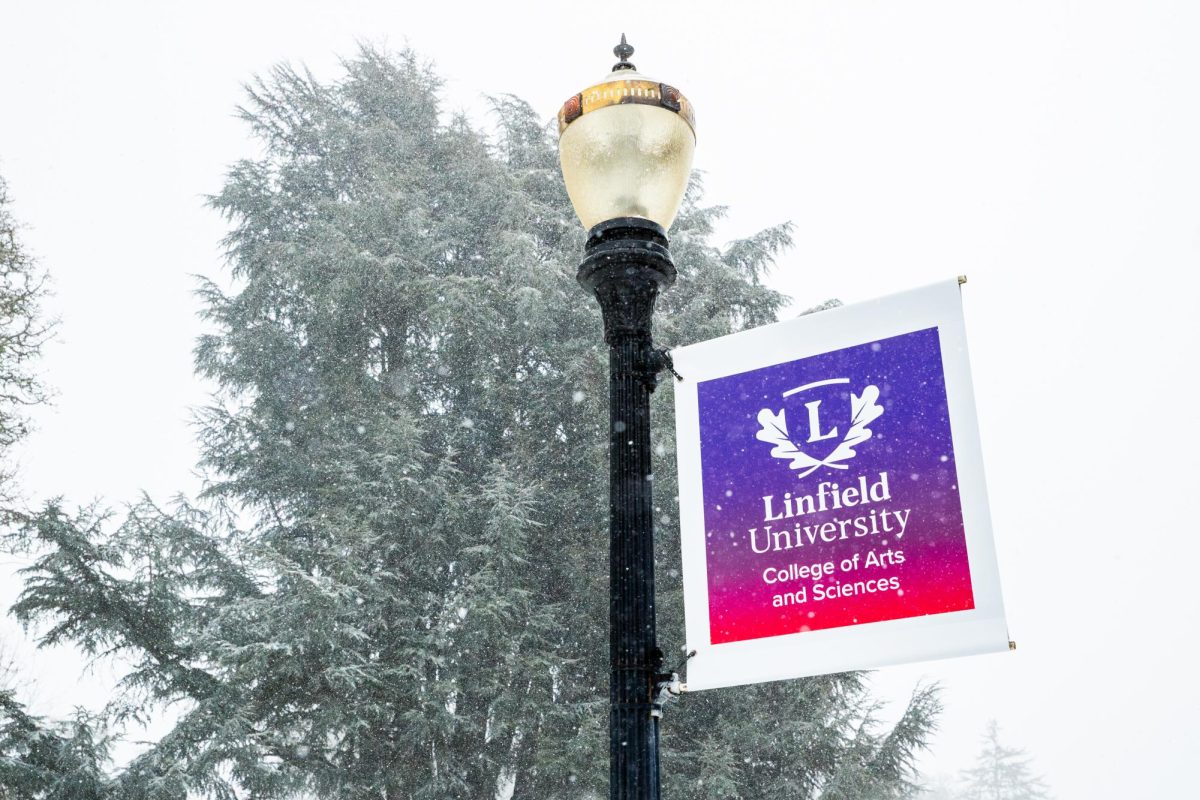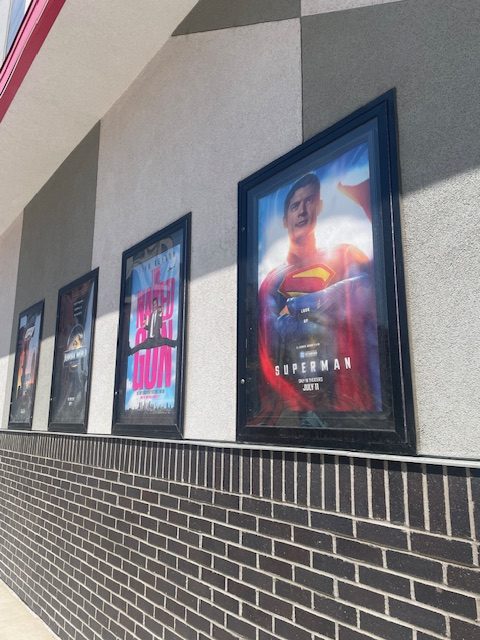One usually does not hear laughter during an orchestra concert—but Anton Belov’s performance with the Linfield Chamber Orchestra on Dec. 2 provoked more than applause from the audience. Belov sang baritone, while a collection of student and non-student musicians played classical arrangements.
Belov is a professor in the Linfield music department and typically teaches voice and music history classes.
He appeared in a few LCO concerts last year, and performs solo recitals for organizations, such as the Oregon Symphony and Tacoma Orchestra.
During the concert, Belov displayed his sense of humor by interacting with the audience and giving background information about the music they performed.
“I think he is just an incredible professor. He studied at Julliard and travels and performs all around the world, but he can still be relatable. It creates a connection with the audience,” sophomore Jessica Newton said.
Music students are not the only members of the LCO, as local musicians serve as extra numbers to create a more complete orchestra.
“It’s really cool. You learn a lot because they’re all professionals,” said junior Lauren Perch, who plays the violin in her second year involved with the LCO.
Perch says that the visiting musicians help students with their music and make the experience in the orchestra more enjoyable.
“They’re all so funny,” Perch said.
Belov shared Perch’s opinion about the musicians outside of Linfield.
“It’s great to raise the level of our performances,” Belov said.
The LCO performers dedicate a lot of time to preparing and met every night to practice from 7:30-10 p.m. the entire week before the concert. “
It takes work but it’s a lot of fun,” Perch said.
It seems the time spent preparing was not wasted, as many audience members impart positive reviews about the concert.
“I thought it was incredible. I thought it was really professional. It was technically correct, but it was also moving and evoked feelings from the audience. They went really beyond the technical carrying out of the piece, to the point of really communicating the moods of the composer,” Newton said.
Carrie Skuzeski
Senior reporter






